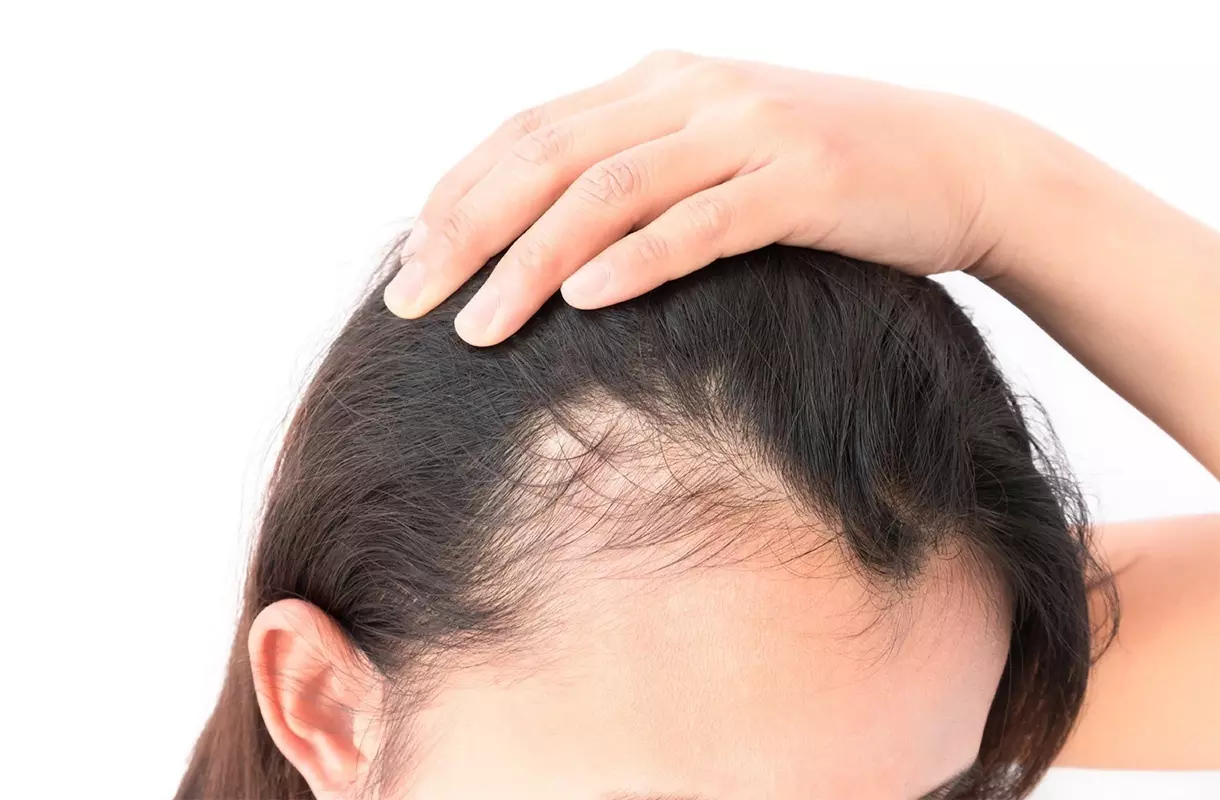Your hair is a window into your body’s health. Strong, shiny hair means you’re getting enough of the vitamins and nutrients your body needs to be healthy. Sudden changes to your hair’s look, texture, or thickness could be signs of a health concern.
If you’ve noticed a change in your hair, look at the conditions below. If you’re not suffering from alopecia (hair loss) caused by genetics, you could be suffering from a health condition brought on by your diet, lifestyle, or hair styling choices. Luckily, a change in lifestyle is enough to nurture your hair back to health in the majority of cases.
Premature Graying
Genetics and old age are the causes of gray hair, but if you notice more gray hairs at a young age than other family members, something else could be going on. Stress or unbalanced hormones turn hair gray.
Dry Or Brittle Hair
Several issues result in dry or brittle hair:
- Over-styling with heated curling irons, flat irons, etc.
- Dehydration
- Hypothyroidism
- Cushing’s Syndrome
Thinning Hair
Thinning hair has numerous possible causes such as anemia, a hormonal imbalance, or a protein deficiency.
Dandruff
Dandruff is a normal and common scalp condition, and it’s nothing to be worried about. Typically, dandruff is not a sign of health concerns. Certain shampoos and home remedies keep dandruff under control.
Balding Along The Hairline
If you often pull your hair back into tight braids or ponytails, or if you have dreadlocks or weaves, you could experience traction alopecia. Tightly pulling the hair damages hair follicles, but if caught early enough, traction alopecia can be reversed.
Receding Hairline
Anything from genetics to poor nutrition can cause a receding hairline. Women with Polycystic Ovary Syndrome often have receding hairlines.
Research suggests that losing 100 or more hairs per day is normal, but if you notice any of the above symptoms or are consistently losing a lot of hair, Dr. Gray will be glad to help you determine the cause of your hair loss and discuss your options for hair restoration. Even if your hair loss is not temporary, restorative treatments and procedures can give you back the hair you want.






